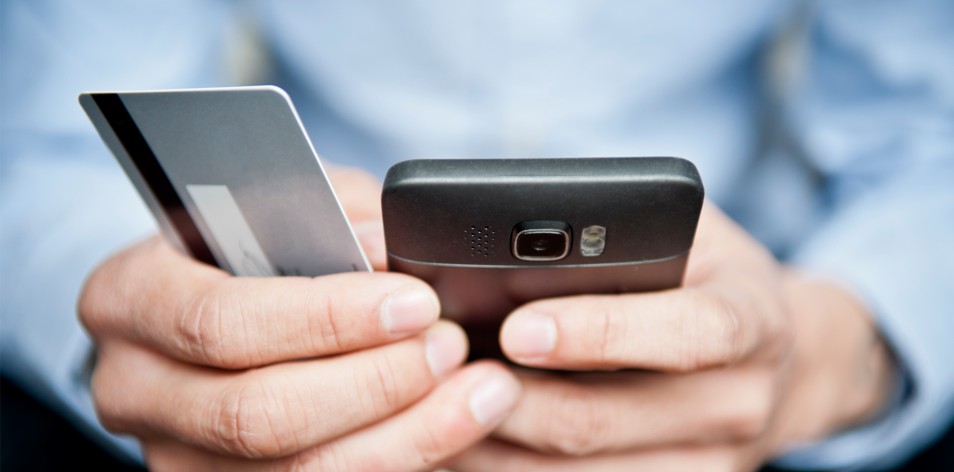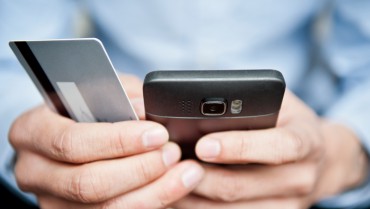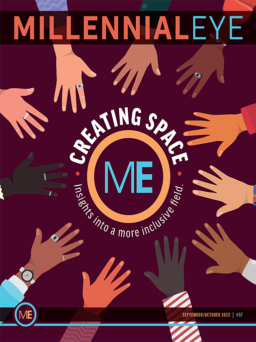The past few Hot Topics columns have centered on utilizing technology to improve digital patient interaction with regard to making online appointments and payments for balances due. This article focuses on electronic invoicing for private-pay procedures. All of my suggestions borrow from other consumer technologies and stress a seamless customer experience—unlike the clunky patient portals of today.
PREPAYMENT FOR REFRACTIVE PROCEDURES
It is a customary and prudent business practice to collect patient payments for noncovered refractive services in advance of the procedure. For years, LASIK payments, for example, have been collected at the time of the booking visit and in person—typically with a swiped credit card.
In the era of premium IOLs and laser cataract surgery, it is not uncommon for patients to defer their IOL upgrade decision beyond the initial evaluation visit, preventing an in-person credit card payment. Some surgeons perform their cataract evaluation over two office visits; I typically perform the evaluation and booking on the same initial visit.
My surgical coordinator frequently has to collect patient payments remotely. In the past, this was done by taking a credit card number over the phone; however, there are two major problems with this practice. The first issue is compliance. Having a staff member write down the patient’s credit card payment on a piece of paper to be entered later has obvious security problems. Second, the merchant (ie, the surgeon) pays significantly higher fees (sometimes up to 4% on a rewards card) for such card-not-present transactions.
ONLINE INVOICING
To improve our remote credit card payment processes, we now utilize secure emailed patient invoices through Square Invoices. Using an online dashboard, my staff sends an email notification to the patient requesting payment. Once received—whether on a smartphone, tablet, or computer—the patient can simply enter his or her credit card information to make an encrypted secure payment. There is no login or password required, and most patients find this seamless and easy.
Immediately after the payment is made, my office receives an email notification and posts the payment into our practice management system. Similarly, the patient receives an immediate confirmatory emailed receipt. With the ability to include your practice logo, the result is as high-tech as an Uber receipt. (I know I reference Uber a lot, but the company has mastered intuitive simplicity.)
Square Invoices is easy to start using and has no setup or monthly fees. The company simply charges a 2.75% flat rate on the payment, which is very competitive for a remote credit card payment.
SUMMARY
Square invoicing checks off two big needs in payment collection. First, it provides a technologically advanced yet simple process that patients love, reinforcing the high-tech nature of the practice. Second, it is a smart practice management solution that enhances security and decreases costs.






